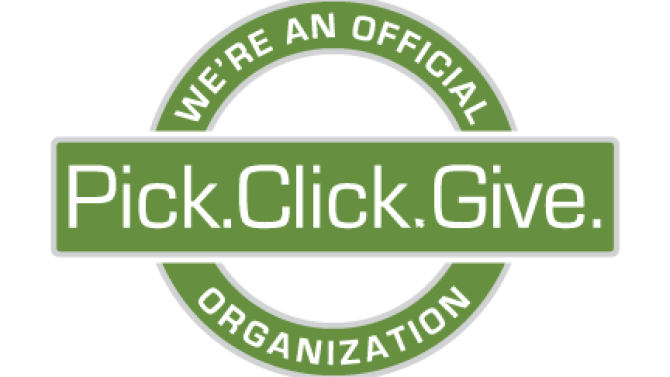WRANGELL, ALASKA
Since 2008, federal law has required communities to pay more attention to wetlands. So if you’re a land owner looking to fill a plot of wetland, you must first go through a process to replace that loss. This process is known as mitigation, and can often be confusing and expensive.
The Southeast Alaska Watershed Coalition (SAWC) represents watershed councils from Yakutat, Skagway, Haines, and most recently Juneau. In an effort to help people understand watersheds and their laws the coalition has been going to communities to talk with residents and local government about wetland mitigation, building economies, and spreading the message that watershed management starts at a local level.
“Why it’s so frustrating for communities is because there is a lack of consistency in how it’s being mandated because we haven’t developed those strategies.” That’s Watershed Coalition Director Jessica Kayser. She says many communities she’s visited are frustrated when it comes to how wetland mitigation is mandated in Alaska. Over the past year and half Kayser says the Coalition has developed initiatives to support communities to help communities work through the challenges they’re facing when it comes to the 2008 federal rule on compensatory mitigation.
“We have very few management strategies as state when it comes to dealing with wetland mitigation. And wetland mitigation has not always been required in the state of Alaska. And now that they are trying to require it because this rule mandates that it needs to be, we are realizing we need to develop management strategies,” she says.
Kayser recently visited Wrangell to discuss wetland regulation changes as well as mitigation alternatives for the community. One approach is an in lieu fee program which would allow developers to pay a third party government or nonprofit to carry out the restoration or preservation of a wetland. Kayser says the first step to developing successful strategies is community education on wetlands and the mitigation process. Those who attended the meeting included members of the city, forest service, and state government.
Wrangell’s Economic Development Director Carol Rushmore says the meeting was a good starting point for Wrangell to begin thinking about mitigation alternatives.
“From working with landowners who have had an issue, and the city having just gone through mitigation issues with the medical complex. It was a very good discussion to look at different alternatives that we might be able to set up to help our residents when dealing with the core of engineers,” she says.
Sitting in on the meeting was State Representative Peggy Wilson. Wilson believes there’s a long road ahead when it comes to watershed management in Southeast Alaska, and says more attention needs to come from the state level.
"In the back of my head I’m thinking that there has got to be a will at the state level to get something started so that there are opportunities and avenues for people that aren’t always money. Every time something happens we have to give up part of our land because of mitigation of wetland, and sometimes we don’t even think its wetland, so there has got to be a lot of work done,” she says.
Beverly Schoonover works as the executive director of the Juneau Watershed Partnership. She says at this time SAWC is looking to develop funding to promote education and expand as a coalition.
“We are going to continue to work to become an in lieu fee sponsor. That’s a lot of paper work, we have to consult with financial advisors and figure out how the money will work, and what our legal requirements are. We will be talking about all of this at our strategic planning meeting, and figuring out who we need to talk to, to make sure everything is done properly with the U.S. Army Corp of Engineers,” she says.
On Friday October 21st the Southeast Alaska Watershed Coalition will hold a scoping meeting on wetland mitigation policies, structures and opportunities at the Centennial Hall in Juneau. On the panel for discussion is the U.S. Army Corp of Engineers, U.S. Fish and Wild Life Service, Environmental Protection Agency, Alaska Department of Fish and Game, and National Marine Fisheries Service.
For more information on the Southeast Alaska Watershed Coalition you can visit www.Alaskawatersheds.org.
© Copyright, Wrangell Radio Group













